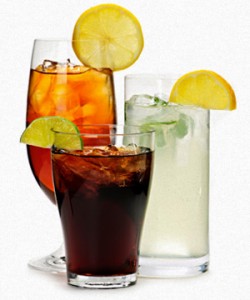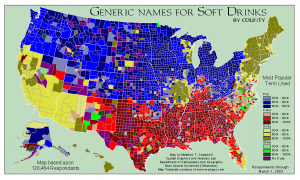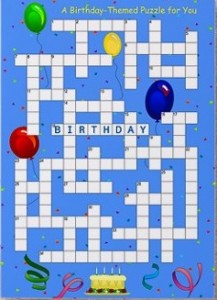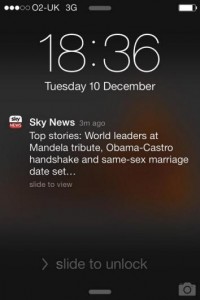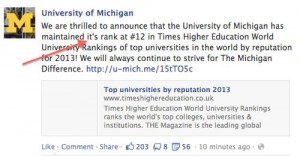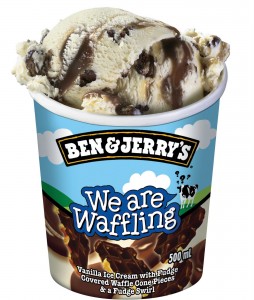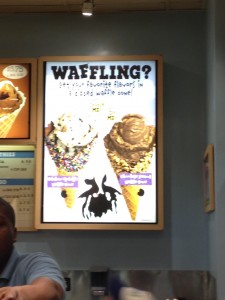In her odd, rambling acceptance speech at the Golden Globes last night, after winning her best supporting actress award, Jacqueline Bisset let the word shit slip right out of her mouth — and, it seems, right past the TV censors. Bad bleeping, NBC. You can see the full cringe-inducing speech right here.
We’re not that used to hearing profanities on national network television, since its censorship process is usually pretty efficient. But in the movies — especially in the last three or four decades — it’s become a case of almost anything goes. Fuck, according to Wikipedia, is thought to be the taboo word used most in American film — and boy does it get used.
One movie that’s tipped to pick up a respectable handful of awards this season is Wolf of Wall Street. But it’s already landed itself a damned fine and dubious distinction: it has set the record for the most 4-letter F-words uttered in a single movie (well, apart from the 2005 documentary Fuck, whose subject matter allowed it to take a big fat helping of Hollywood’s favorite profanity). 506 F-bombs in the 179-minute comedy: that’s what Wolf notched up, pushing out 1999’s Summer of Sam, the previous record-holder with a mere 435 such bleepers.
According to Wikipedia, there are at least 107 English-language movies* — and possibly more — that feature the word fuck or one of its derivatives at least 150 times in their screenplays. That’s a lot of friggin’ effing. Scarface, from 1983, is the earliest movie to have entered this distinguished category, in 1983, with 170 occurrences; Platoon joined the list a few years later in ’86 with 159. Wolf is going to be hard to beat, with its incidence rate of 2.83 F-bombs a minute, although 1997’s Nil By Mouth managed to F— By Mouth some 3.34 p.m. …
Here are a few more fabulous factoids, courtesy Wikipedia, about the F-word and its more mild-mannered S-cousin invading our big and small screens with ferocious frequency:
- “It Hits the Fan”, an episode of South Park, used the word shit 162 times in 23 minutes
- Madonna’s appearance on David Letterman’s show in March 1994 featured the entertainer using the word fuck 14 times, making the episode the most censored in American network television talk-show history; it also resulted in some of the highest ratings of Letterman’s late-night career.
- In the movie Planes, Trains and Automobiles, Steve Martin’s character rants at a car rental clerk, uttering the word fuck or fucking 18 times in a little more than 40 seconds.
- In an episode of The Wire called “Old Cases”, the word fuck is used 38 times in 3 minutes and 45 seconds. Fuck and its derivatives are the only words spoken in the scene.
See an earlier Glossophilia post about the sometimes ambiguous and downright silly content advisories that try and protect us and our children from these and other eyebrow-raising utterances.
* that’s non-pornographic movies, to be specific


